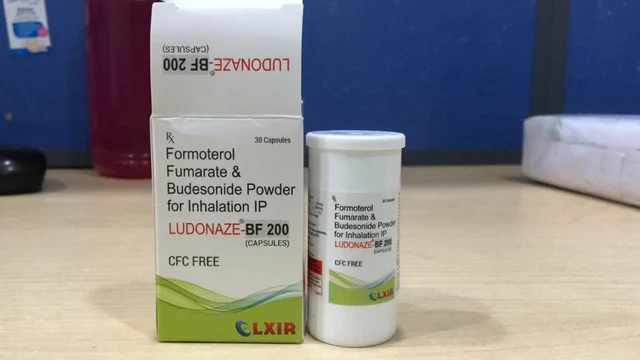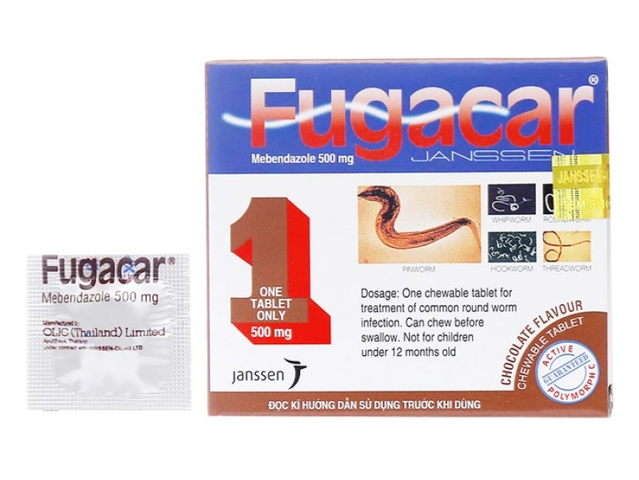Corticosteroids offer rapid relief for inflammation and autoimmune flares, but come with serious short- and long-term risks including bone loss, diabetes, and infection. Learn when they're necessary - and when to avoid them.
Understand what happens during an FDA inspection of generic drug manufacturing facilities in 2026 - from the six-system review to Pre-Approval Inspections, FDA 483s, and how to prepare effectively for compliance.
A kidney transplant offers better survival and quality of life than dialysis. Learn who qualifies, what the surgery involves, and how to manage lifelong care to protect your new kidney.
Benzodiazepines and non-benzodiazepines were once go-to sleep aids, but now they're linked to memory loss, falls, and addiction. Learn why experts now recommend therapy over pills for long-term insomnia.
G6PD deficiency can cause life-threatening hemolysis when triggered by common medications. Learn which drugs to avoid, safe alternatives, and how testing can prevent emergencies.
Orthostatic hypotension from blood pressure meds is a leading cause of falls in seniors. Learn which drugs are safest, how to reduce dizziness, and why stopping meds isn't the answer. Evidence-based strategies for safer hypertension treatment in older adults.
Learn how to safely store high-risk medications like opioids and benzodiazepines using a lockbox to prevent accidental poisoning, misuse, and overdose. Simple steps for every home.
Acetaminophen overdose is the leading cause of acute liver failure in the U.S. Learn the hidden signs, why timing matters for treatment, and how to avoid accidental overdose from common medications.
Learn how lactose intolerance is diagnosed and how to manage it without cutting out all dairy. Discover what foods you can still eat, how tests work, and why symptoms matter more than lab results.
Learn how to manage common antibiotic side effects like nausea, diarrhea, and stomach upset without stopping your course - and help prevent dangerous antibiotic resistance.



















